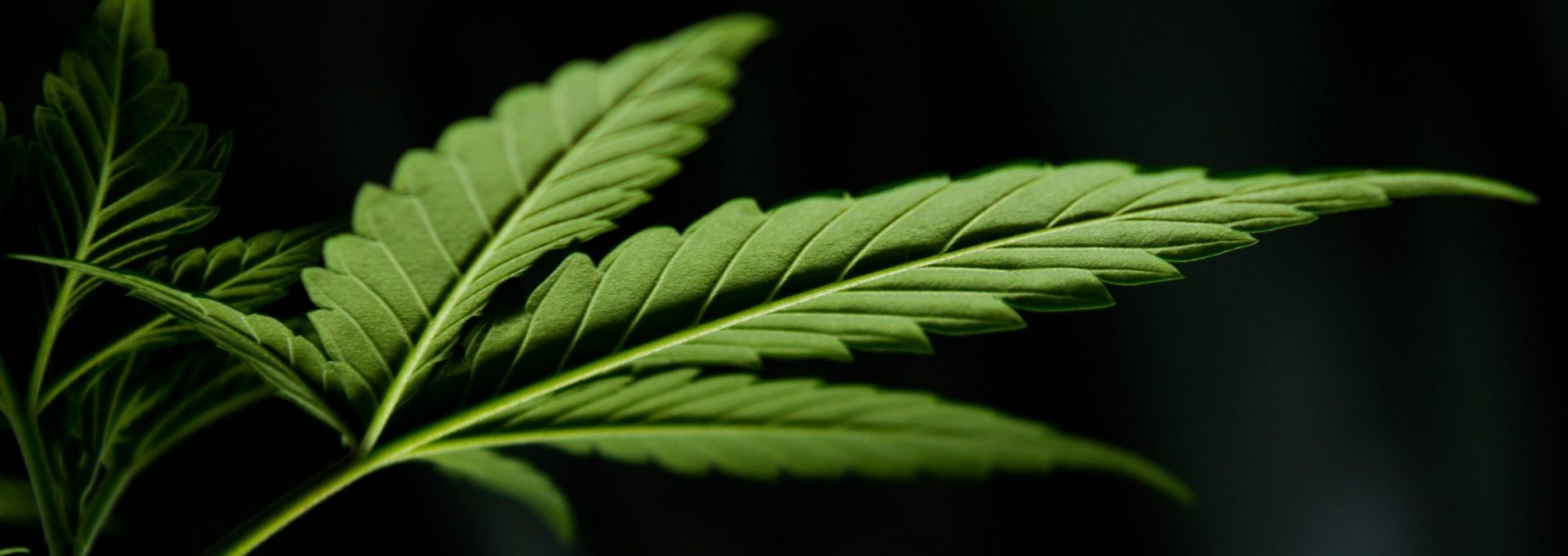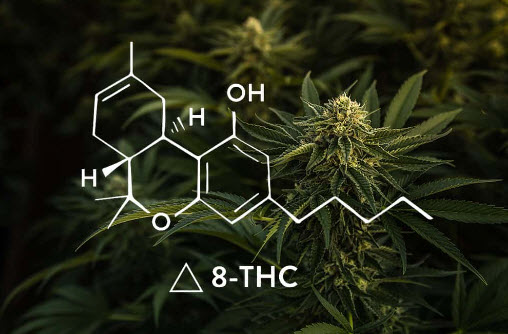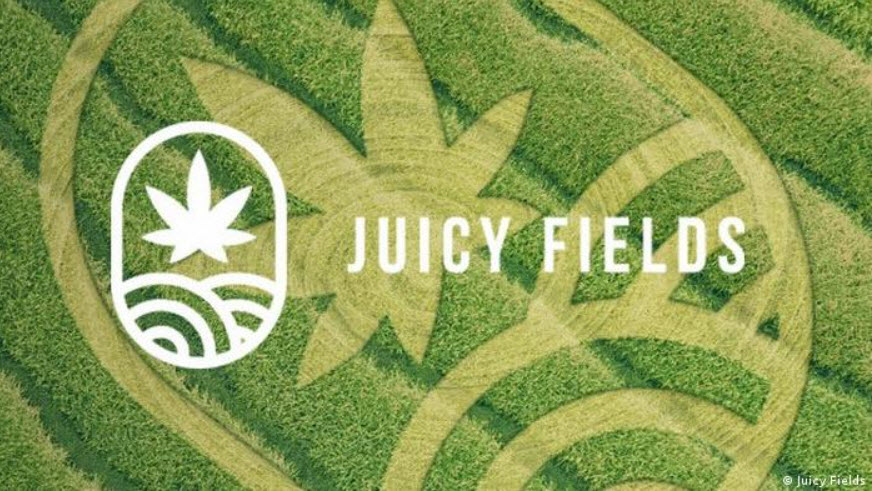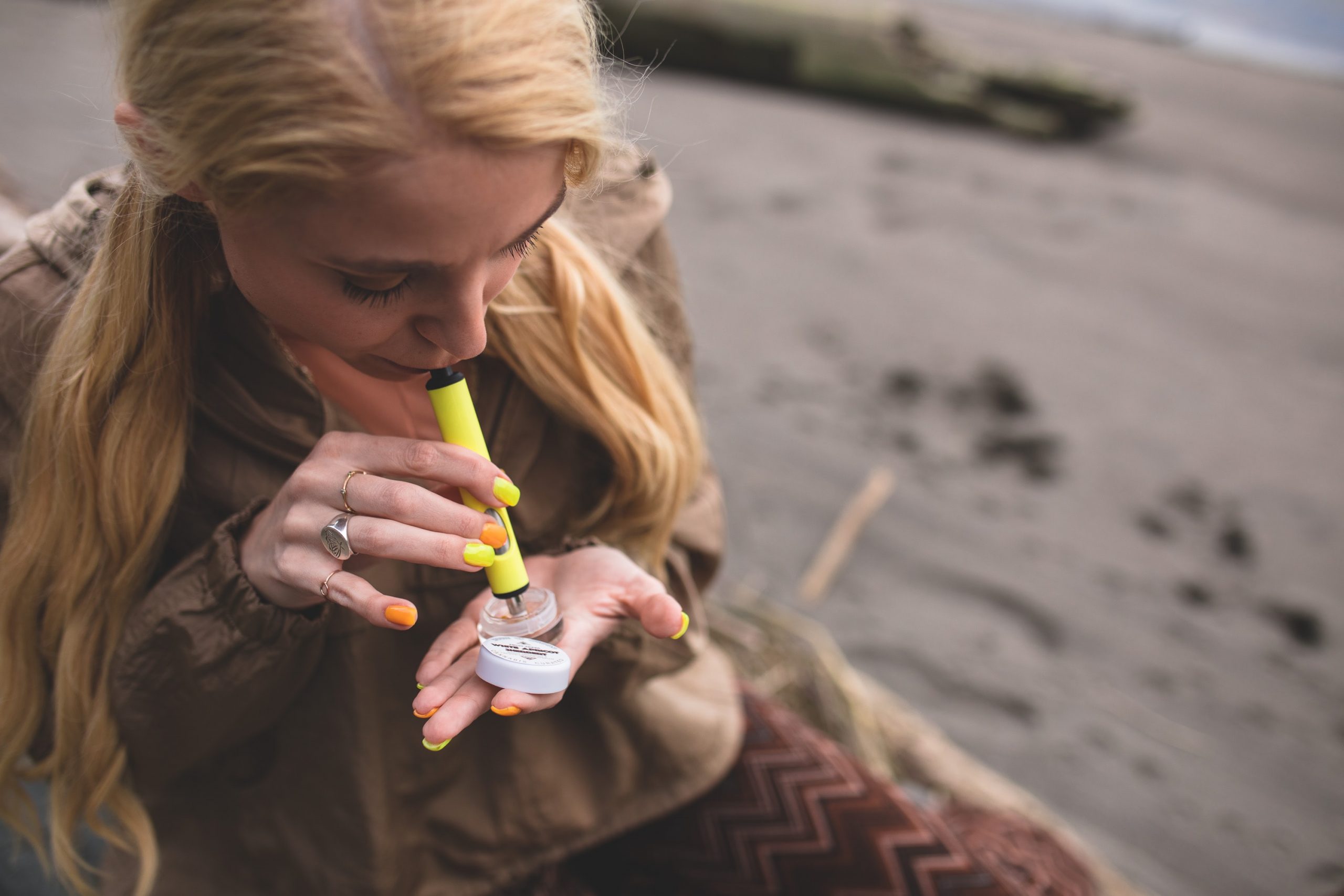The entire D-8 conundrum has evolved in the US faster than anywhere else because of an unintended “loophole” in the 2018 US Farm Bill. Where goes this vertical of the US industry in 2023?
There are many battles yet to come in the context of cannabis legalization. Outside of US banking reform, one of the most heated and divisive is the current contretemps over Delta 8 and other similarly derived THC isomers.
The reason this discussion is getting even more high profile and controversial this year—beyond the size of this industry vertical—is that the Farm Bill must be reauthorized by Congress in 2023. This will likely occur in the second half of the year, based on an analysis of previous farm bills.
Many who are concerned with the speed and growth of this completely unregulated and unintended part of the industry, are hoping if not lobbying for a ban on D-8 and other synthetically converted exotic THC isomers in the new legislation.
What Are THC Isomers?
THC isomers are chemically synthesized variants of the normal Delta 9 THC found in the naturally occurring plant. Delta 8 is the most common of these isomers. It does exist in cannabis plants, but only in minuscule amounts.
However, when CBD is heated and introduced to a chemical catalyst, usually an organic solvent, it is possible to synthetically produce 32 different THC isomers, D-8 being just one of these. This is the scary part: All of them, however, except for the naturally occurring Delta 9 THC and THCa are new to human consumption and potentially very hazardous.
Here is why: Isomers fall through all the regulatory cracks. Few—if any—studies exist about their use. One such study published in December 2021 at the University of Rochester found that of the 27 D-8 products they analyzed, none of them listed the correct percentage of the isomer compound found in these products. Even more alarmingly, they also included unintended by-products of chemical synthesis and heavy metals.
According to the Food and Drug Administration (FDA), national poison control centers received over 2,300 reports of D-8 poisonings between January 2021 and February 2022. More than 2 out of 3 cases required medical attention and in 1 in ten cases, the patient required admission to a critical care unit. A full 40% of these incidents involved children and teens. Younger people generally are more at risk in part because D-8 is frequently added to candy and gummy products.
But that is just Delta 8. Even more concerning is that other CBD-extracted THC isomers are far more powerful than “regular” Delta 9. THCO and THCP could be twenty-five times stronger. This segment of the market is also currently completely unregulated by the FDA and unenforced by the Drug Enforcement Agency (DEA), even though its own schedule of Controlled Substances clearly lists Delta 8 and all tetrahydrocannabinols under the DEA’s catalog of the same – under number 7370. This is the same class used to designate Delta 9 THC and extracts like dronabinol.
How Big of A Problem Are CBD-Derived THC Isomers?
Over the past few years, aided in part by the pandemic and the decline of the CBD market, the percentage of Delta 8 in the total cannabis market has grown exponentially. Forbes just estimated that the Delta 8 industry has generated $2 billion in the last two years, although other experts estimate this figure may be much higher.
No matter its total annual worth, however, D-8 is clearly impactful and widespread. Indeed according to a new report by an industry analytics firm, Brightfield Group, 35% of CBD users have also purchased a psychoactive, hemp-derived product within the last six months as have 30% of all cannabis users. According to Brightfield’s report, D-8 sales account for about half of all THC isomer sales. It is by far the most common CBD-derived THC isomer.
But the development of this part of the industry was not just a Covid-induced twist to the cannabis story. Indeed, the entire issue got its start in 2018 when the Farm Bill allowed the cultivation and sale of hemp nationally for the first time.
Per the language of the US Farm Bill, hemp-derived products are not subject to the same testing requirements as higher THC-containing products. As a result, synthetic THC producers have argued that anything that is derived from hemp, even if it is a product that creates an unknown chemical and biological reaction, is legit because it has been derived from a federally legal plant. This loophole is also being interpreted as a way to ship isomers and products containing them across state lines. As a result, such products are also turning up far from the dispensary market, including in gas stations, bodegas, and even pharmacies across the country.
D-8 is also highly popular in states, like most of the South, where “other” cannabis reform has not become law.
The “Bathtub Gin” of the American Cannabis Industry
New Jersey is one of many US states to propose action against the manufacture and sales of Delta 8. The isomer has been banned in about a dozen. At this point, many state regulators have been grappling with the strange aspects of this niche, and at this point, banned such products unequivocally. But in the Garden State, the battle is getting attention at a time when the state’s recreational cannabis program got off to a sputtering start, and negotiations around the Farm Bill put the entire problem in an even more dire spotlight.
According to Republican State Senator Declan O’Scanlon, action on a state rather than a federal level is necessary because he fears that Congress will just ignore the problem this year and consumers will still be exposed to risk.
No isomer or product containing the same for commercial distribution to consumers has been adequately tested nor is properly monitored.
In Europe, this would never happen because of the progression of reform and the regulatory environment into which cannabis is being slotted. Namely, at every opening step, attempts have been made to normalize the industry by fitting it into national if not regional existing health and safety regs. Novel Food regulation alone prohibits this kind of development across the EU, the UK, and Switzerland.
Beyond Europe, D-8 has also not been widely seen in Canada, in part because of federal reform. There was no need to look for such a loophole.
Indeed, the entire THC isomer discussion, outside of regulated medical production, is a direct outcome of the battle between states’ rights cannabis movements and Congress’ intransigence on full legalization and regulation of the entire industry.
However, that too is not the full picture. While the Farm Bill legalized both hemp and “derivatives, extracts and cannabinoids,” in 2018, it did not change the DEA’s authority to schedule tetrahydrocannabinoids. Beyond this, the Federal Analogue Act, a section of the Controlled Substances Act of 1986, allows the agency to treat any chemical that is “substantially similar” to a controlled substance listed in Schedules I or II to be treated as a Schedule I (i.e. no known benefit to humans) if it is intended for human consumption. This is the part of the law also commonly used to prosecute the manufacturers of so-called “designer drugs” which Delta 8 clearly is.
As a result, no matter what Congress does with the Farm Bill this year, isomer producers could well be liable under federal law if the debate about D-8 and other such chemically contrived cannabinoid products continues to crystallize in favor of outlawing such products.
Should Congress Ban All CBD-derived, Synthetic THC Isomers?
The specific purpose of the Farm Bill was to create a regulated hemp market for American farmers, not to provide an alternative regulatory structure to state marijuana laws. However, in the current environment, the “loophole” that isomer producers are relying on is doing precisely that.
In addition, the THC isomer market is directly competing with the revenue gained from state-based cannabis programs. This alone should have every cannabis farmer, for starters, support such legislation. It is robbing them of income and competing unfairly with market share.
That said, completely banning THC isomers is not the solution. There is a legitimate use for some converted cannabinoid isomers from CBD, particularly in the medical market. Indeed indoor GMP-certified cultivation (that bound for pharmaceutical channel distribution) is costly. Using converted THC isomers from hemp, like Delta 9 THC, is a far cheaper and more reliable way to produce high-quality THC extract than growing high THC GMP-certified flower for this purpose.
What is currently widely available in the US is far from that.
As a result, Congress will likely amend the legal definition of hemp to include only non-intoxicating products and ban this entire segment of the industry at a federal level. Federal lawmakers also need to create a regulatory infrastructure for all synthetic cannabinoids or find a home for the same in existing regulations..
If nothing else this is a consumer health and safety issue that could well derail full reform.








